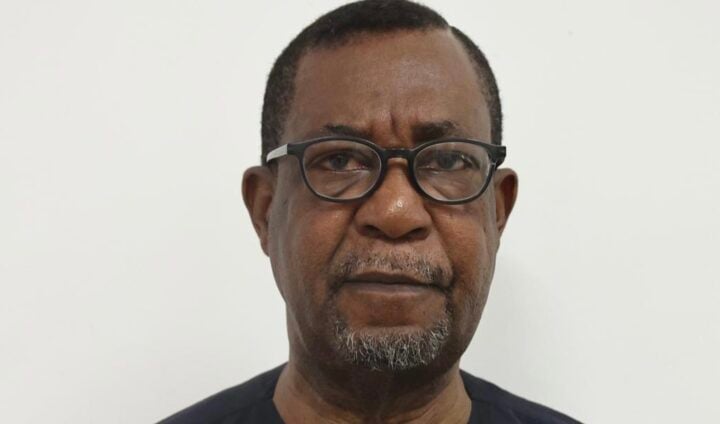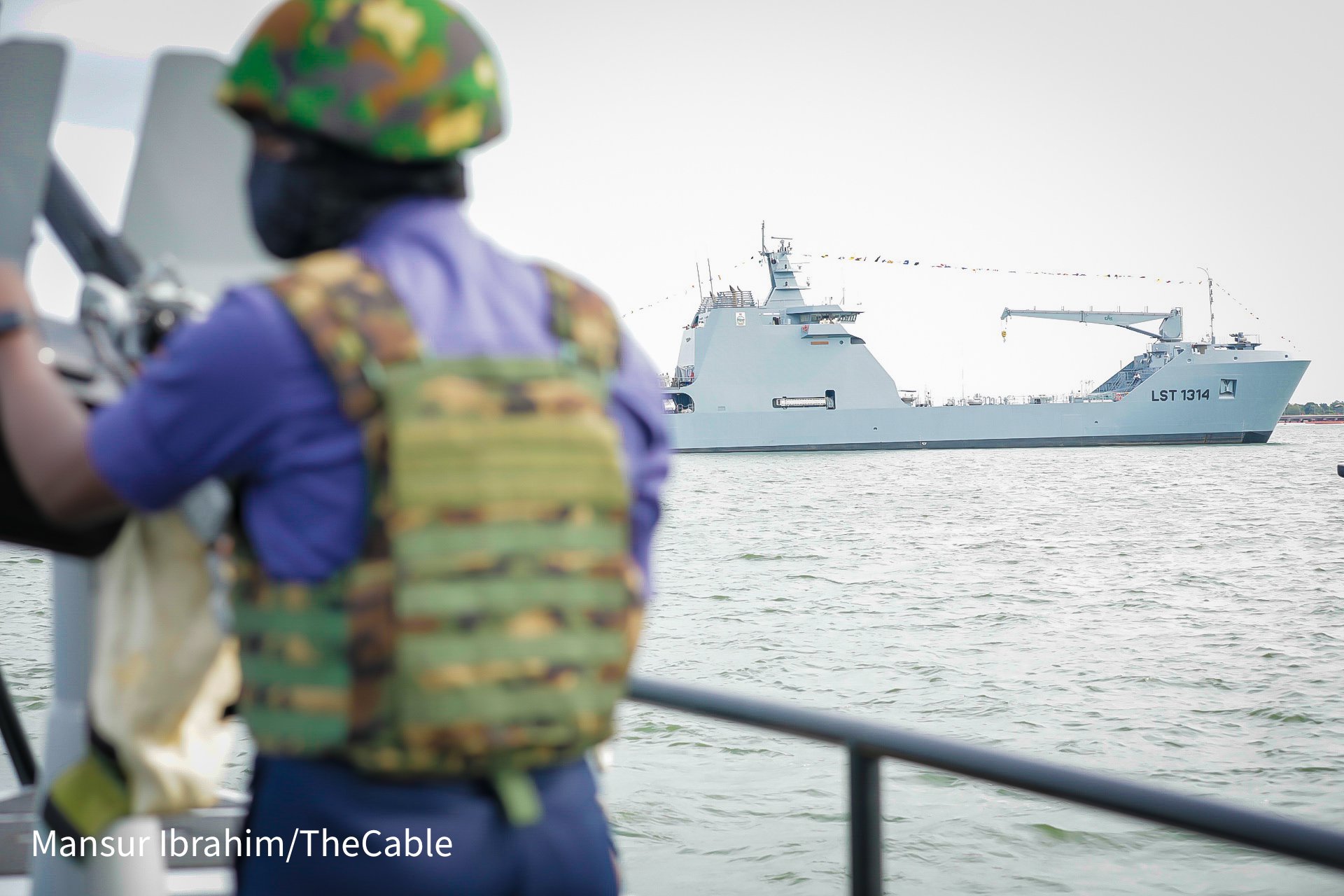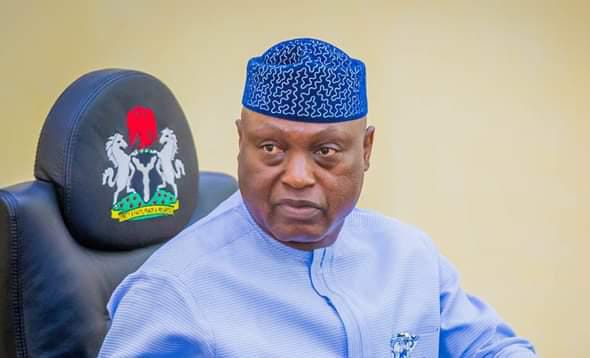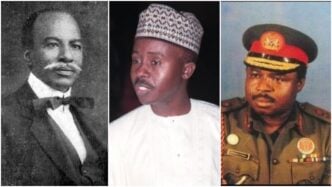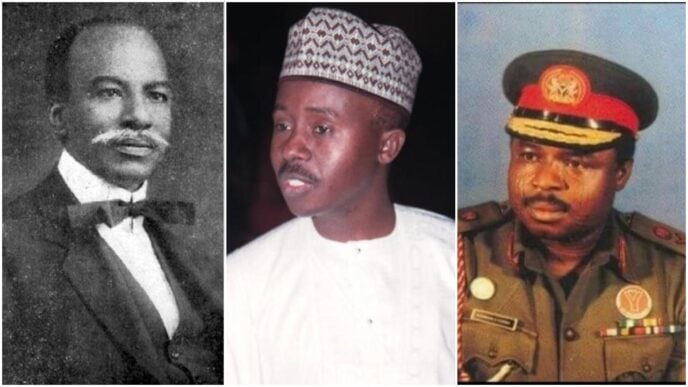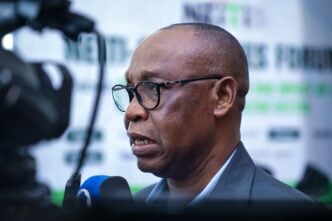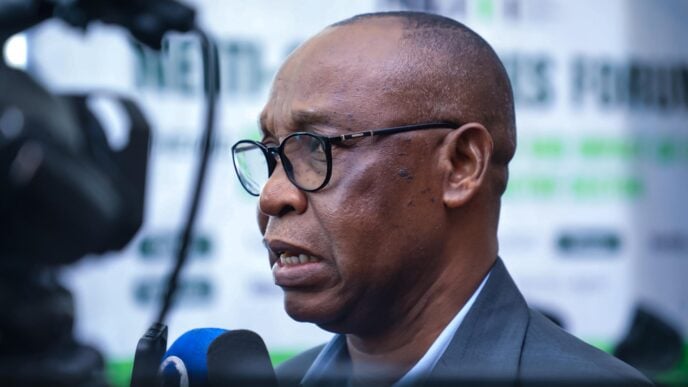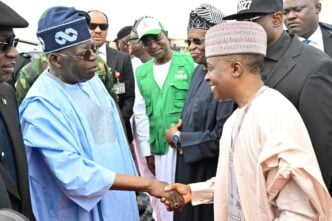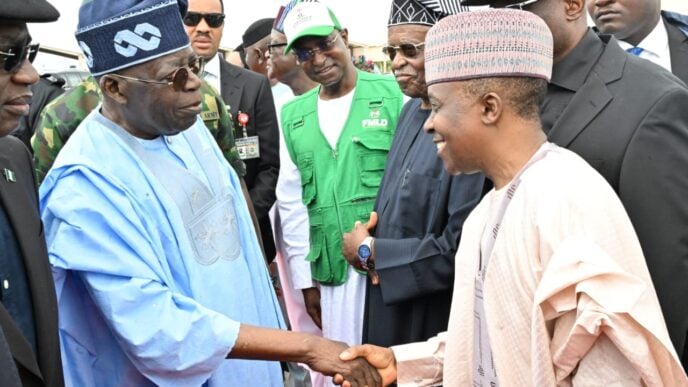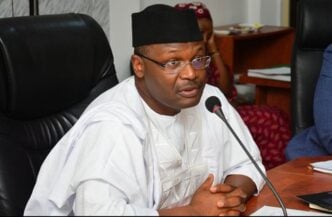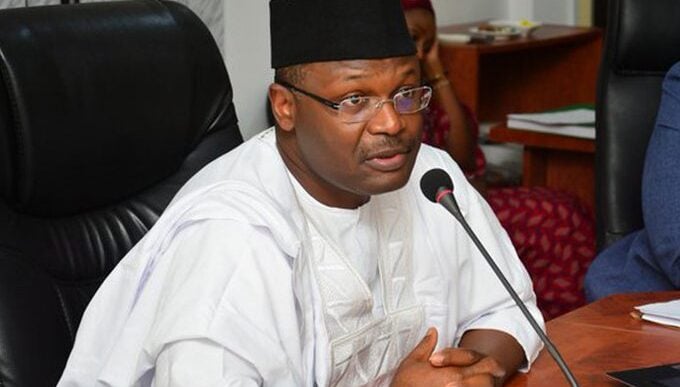Olu Agunloye, former minister of power
A prosecution witness of the Economic and Financial Crimes Commission (EFCC) on Thursday told a federal capital territory (FCT) high court sitting in Apo, Abuja, that there was no specific presidential directive issued to Olu Agunloye, former minister of power and steel, to award the Mambilla hydroelectric power station contract.
Agunloye is facing an amended seven-count charge bordering on disobedience to presidential directives, gratification, and forgery before Justice Jude Onwuegbuzie.
According to the EFCC, the former minister, on May 22, 2003, allegedly disobeyed a directive purportedly issued at the federal executive council (FEC) meeting of May 21, 2003, by approving a contract with Sunrise Power and Transmission Company Limited (SPTCL) for the construction of the 3,960 MW Mambilla Hydroelectric Power Station.
The anti-graft agency further alleged that Agunloye received N5.2 million gratification from SPTCL and its promoter, Leno Adesanya, through one Jide Abiodun Sotinrin.
Advertisement
Testifying as the third prosecution witness (PW3), Umar Babangida, an assistant commissioner of police (ACP), said EFCC’s investigation into the Mambilla project led to the charges against the former minister.
Under cross-examination by defence counsel Adeola Adedipe, Babangida confirmed that the first count in the charge concerns disobedience to a presidential directive.
“The defendant disobeyed the directive of the then President Olusegun Obasanjo and the resolution of the Federal Executive Council meeting of May 21, 2003,” he said.
Advertisement
However, when asked to identify the specific directive within the minutes of that FEC meeting—tendered in evidence as “Exhibit EFCC 3(d)”—the witness admitted there was no specific presidential directive contained in the document.
Babangida said he nonetheless recommended that Agunloye be charged for abuse of office, citing his alleged relationship with Adesanya, the promoter of SPTCL.
He told the court that Agunloye did not initially tell the EFCC that he had never met Adesanya before the award of the contract but later claimed in a written statement that their first contact was in 2014 — 11 years after he left office — and that their major relationship began in 2018.
When Adedipe asked Babangida to read the relevant portion of Agunloye’s statement to the EFCC (already admitted as an exhibit), prosecution counsel Abba Mohammed objected, arguing that the witness could not be cross-examined on a statement not personally made by him.
Advertisement
The defence countered that the witness had relied on the document in his investigation and testimony, noting that the cross-examination sought to test his credibility.
Justice Onwuegbuzie overruled the objection and directed the witness to read the specified portion, which confirmed Agunloye’s claim that he never met Adesanya before 2014.
The court adjourned the matter to November 3 for continuation of the cross-examination of the third prosecution witness.
Advertisement
